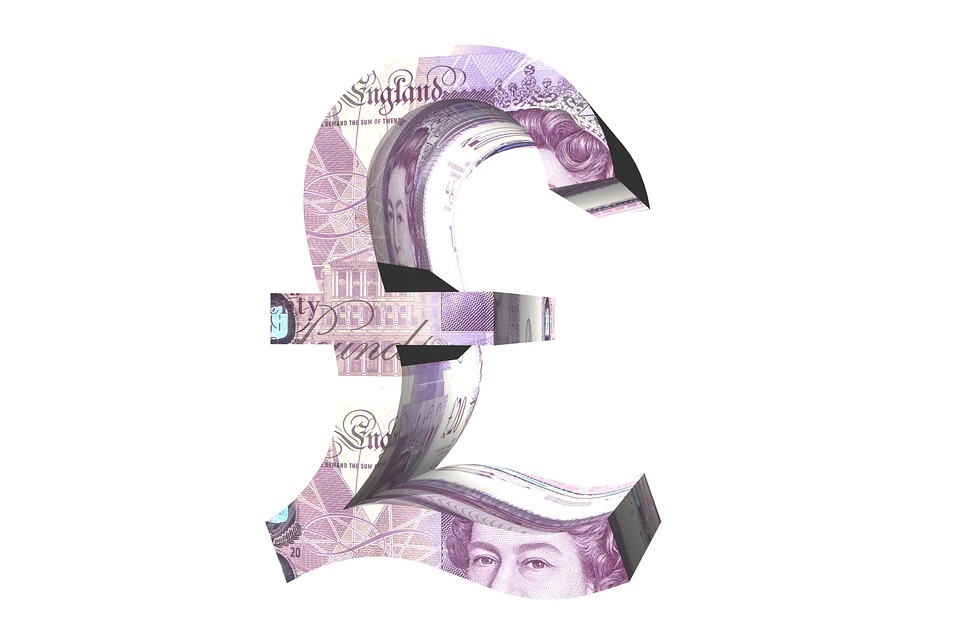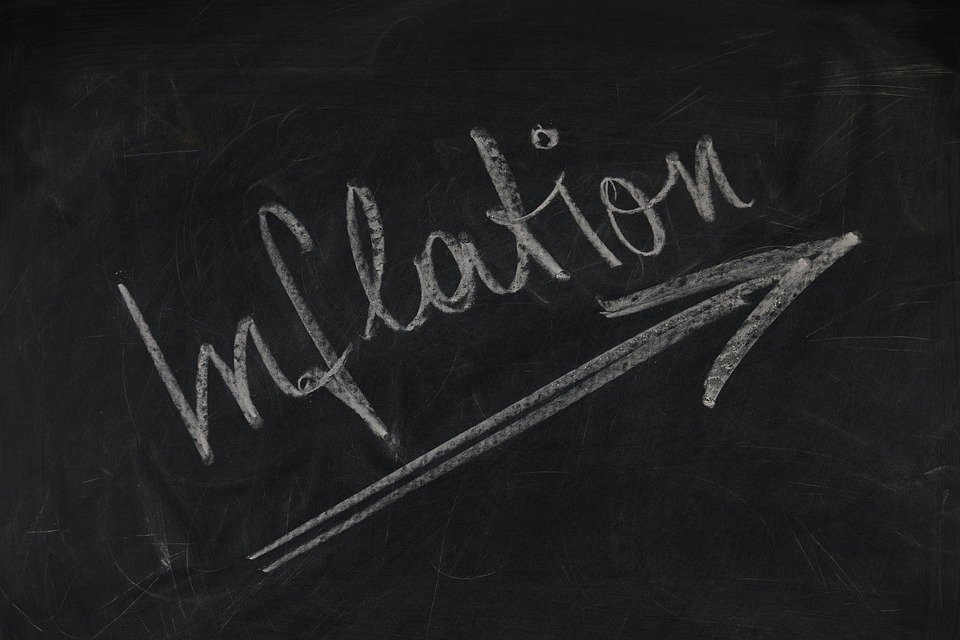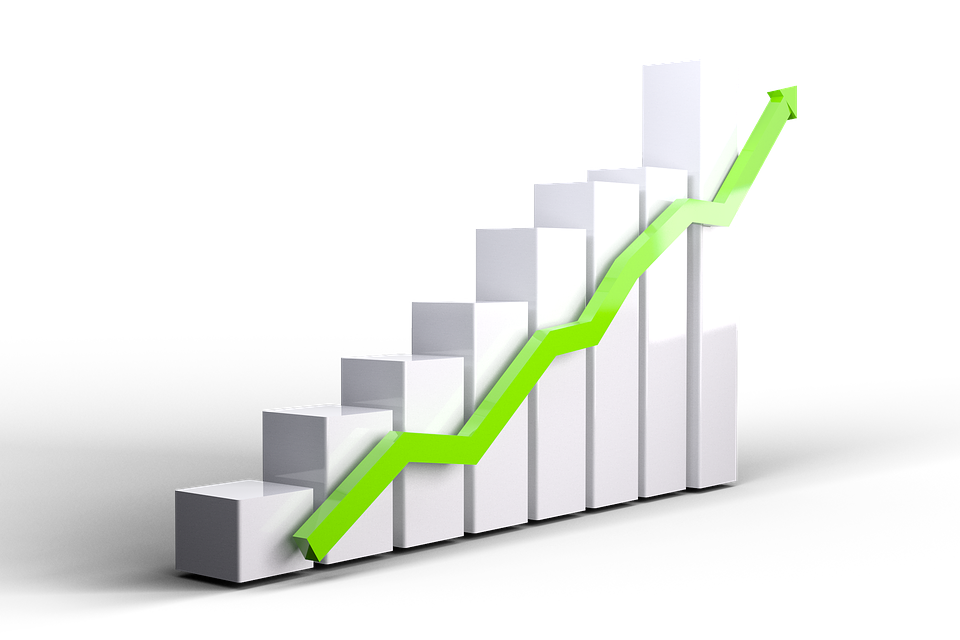UK’s economic growth will halve this year as a result of soaring inflation, hefty tax rises and the destabilising shock from the war in Ukraine, a leading business lobby group has warned.
In the first major forecast of the UK economy since the Russian invasion of Ukraine, the British Chambers of Commerce (BCC) said it expected an inflation rate of 8% to cut disposable incomes in 2022, putting the brakes on the recovery from the pandemic.
In its previous forecast, the BCC expected GDP to expand by 4.2%, but after a wide ranging review it said growth would fall to 3.6% – less than half the 7.5% expansion in national income seen last year.
The BCC said the size of the economy would surpass its pre-pandemic level over the next few months, but was likely to struggle as consumer confidence, which collapsed last month as the full weight of the cost of living crisis became clear, dropped further over the coming months.
To find out more about how we can assist you with your Second Charge Mortgage please click here
Suren Thiru, head of economics at the BCC, said he now expected inflation to peak at 8% and interest rates to increase to 1.5%, adding to the burden on households and companies, already battered by two years of Covid.
“Our latest forecast signals a significant deterioration in the UK’s economic outlook,” he said.
He described the effects of rising inflation, supply chain disruption and higher taxes as having a suffocating effect on the UK economy that would see growth “run out of steam in the coming months”.
“Russia’s invasion of Ukraine is likely to weigh on activity by exacerbating the current inflationary squeeze on consumers and businesses and increasing bottlenecks in global supply chains,” he said.
The downgrade largely reflects a deteriorating outlook for consumer spending and a weaker than expected rebound in business investment, he added.
Unlike in the US and most other European economies, Rishi Sunak’s attempts to boost investment using tax breaks and subsidies have failed. Last year business investment declined despite the offer of a 130% tax break on spending on new plant, machinery and technology.
Business investment is forecast to grow at 3.5% in 2022, the BCC said. “This is down from the previous forecast of 5.1% and materially lower than the Bank of England’s latest projection of 13.75%.”
The anaemic increases in business investment will mean it remains 6% lower than its pre-pandemic level by the end of 2024. UK exports are expected to remain 13.7% (or £25.5bn) lower than their pre-pandemic level by the end of 2024, reflecting “the impact of post-Brexit trade friction and a weakening global outlook on demand for UK goods and services”.
Consumer confidence fell last month to lows not seen since the third lockdown in January 2021, according to the latest GfK survey.
The BCC said consumer spending would grow in 2022, but at a much slower pace than it forecast last year. It estimated consumers would spend at 4.4% more than in 2021, down from its previous forecast of 6.9%.
Analysts at Bank of America said last week that UK households could suffer the biggest annual decline in their living standards since the 1950s after the sharp rise in energy prices.
With inflation already at the highest rate for 30 years, the analysts said a sustained rise for wholesale oil and gas markets due to the Russian invasion of Ukraine could trigger a drop in household real incomes of 3.1% in 2022 compared with a year earlier – the biggest annual drop since at least 1956, the year of the Suez crisis.
The BCC said it expected inflation to outpace wage growth until the second quarter of 2024, making the squeeze on household finances even worse than the most pessimistic predictions.
Some economists have argued that better off households, who have saved around £220bn during the pandemic, would use those savings to boost spending over the next year, but Thiru said the decline in consumer confidence would “limit households’ willingness to empty their deposit accounts.
By Phillip Inman
Source: The Guardian
Discover our Second Charge Mortgage Broker services.



